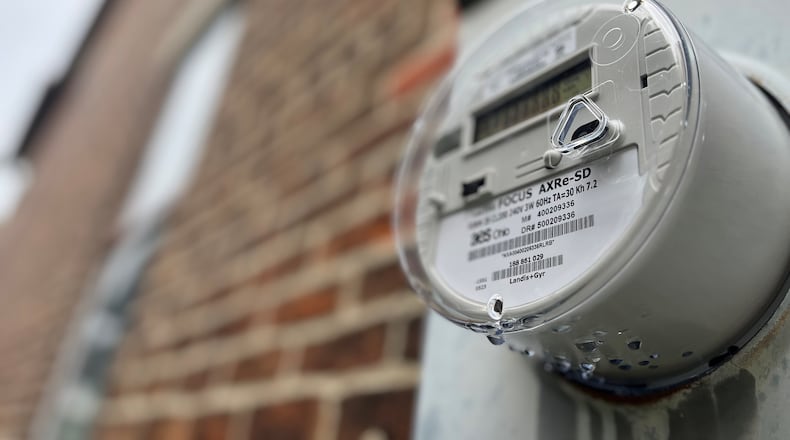As of the end of July, more than 223,850 AES Ohio customers have had their electric meters replaced with new technology that officials say automatically alerts the company when the power goes out at their homes and also improves the reliability of the system.
“We’re making great progress,” said Mary Ann Kabel, corporate communications director for AES Ohio.
Across the local region, AES Ohio has already installed about 91,185 meters in Montgomery County, 26,075 in Greene County, 5,322 in Warren County and more than 2,300 in both Miami and Clark counties.
AES Ohio says more smart meters will be installed in West Dayton and Xenia sometime this year.
The company will be doing installation work next year in communities including Troy, Bellefontaine, Sydney and Washington Court House, and installations will occur the following year in places including Wilmington, Urbana and Marysville.
AES Ohio says the smart meter program is part of its efforts to modernize its grid. The new digital devices relay information and data about customers’ electric service and usage to the company.
AES says the meters automatically provide notice when the power goes out, which will help the company restore service more quickly.
“Part of our digital transformation is modernizing the grid, so this will make more of a seamless experience for the customer,” Kabel said.
Smarter meters also record electric usage every 15 minutes, which could result in lower estimated bills and can help customers better understand their energy consumption, AES said.
Customers receive estimated bills when AES workers cannot access and read their meters to find out their actual electric usage.
Smart meters also allow AES to remotely start and stop electric service, which will make changing service during a move less of a hassle.
About the Author


